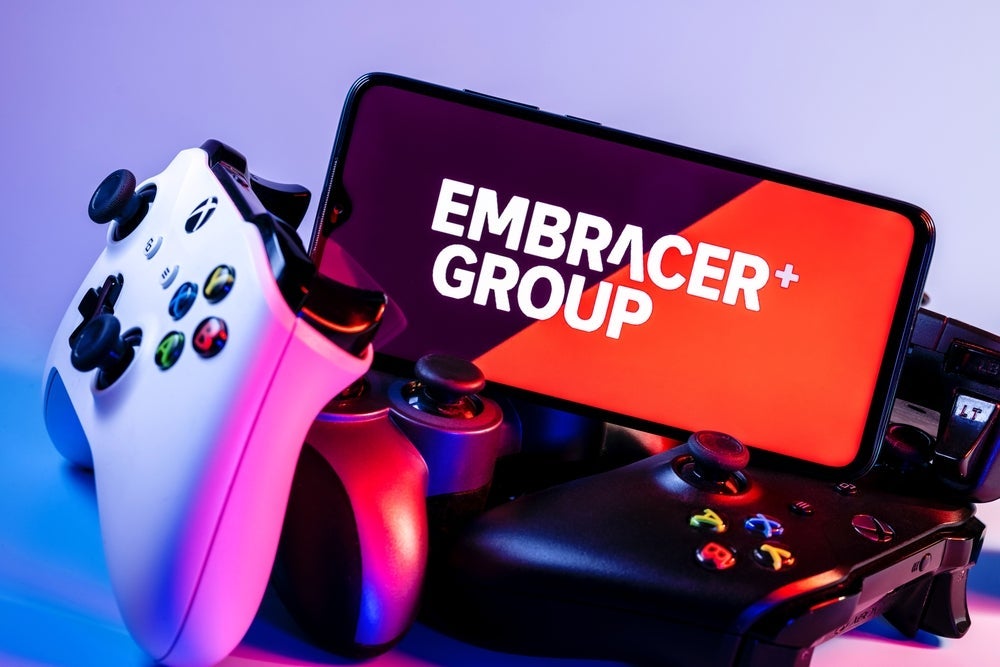
When campaigning to become president of the US in 2019, Joe Biden promised to make Saudi Arabia a “pariah state”. Fast-forward three years, and the now-president was in Jeddah fist-bumping Crown Prince Mohammed bin Salman Al Saud in the (forlorn) hope of persuading him to increase oil production.
While the fist bump looked somewhat awkward (to put it kindly), it could also perhaps be viewed as symbolic for what is happening in Saudi Arabia with regard to its attempts to embrace a more Western-style culture. Since bin Salman took control of Saudi Arabia in 2017, there has been a concerted effort to create some social change within the country.

Access deeper industry intelligence
Experience unmatched clarity with a single platform that combines unique data, AI, and human expertise.
Saudi Arabia’s cultural reset
Before bin Salman’s rule, Saudi Arabia had imposed restrictions across many cultural activities and freedoms due to the austere version of Islam the country follows. Women’s faces would be blurred from advertisements, religious police would monitor women’s clothing and cinemas were completely banned.
In a bid to appease the younger Saudi population, and to help with diversifying the country’s economy away from its traditional oil sector, bin Salman turned his attention to softening some of these restrictions. He has made notable social changes such as legalising cinemas, stripping power from the religious police and lifting the controversial ban on women drivers, with an eye on changing Saudi Arabia’s global image.
Bin Salman’s investment decisions have also taken in a wide array of cultural activities in areas such as football, theme parks and music concerts.
Saudi’s big gaming investments
The latest entertainment-related investment coming out of Saudi Arabia was a major transaction in the gaming industry. The Saudi Public Investment Fund (PIF), the country’s sovereign wealth fund, acquired shares in the Embracer Group – a European video game distribution company – for $1bn. Under the PIF subsidiary of Savvy Gaming Group, PIF now owns 8% of the shares of Embracer.

US Tariffs are shifting - will you react or anticipate?
Don’t let policy changes catch you off guard. Stay proactive with real-time data and expert analysis.
By GlobalDataThis follows a number of high-profile Saudi investments into the gaming industry, including the acquisition of a 96% share of game developer SNK – which is responsible for hits including King of Fighters and Samurai Shodown – in April 2022. Savvy Gaming Group also acquired a 5.01% stake in Nintendo in May 2022, making it the fifth-largest shareholder in the company.
Alongside game developing there have also been significant Saudi-based investments in esports. ESL Gaming and FaceIt – two leading esports companies – were sold to Savvy Gaming Group in a $1.5bn deal in January 2022. This focus on esports could have come in response to what is going on in the neighbouring United Arab Emirates, where Abu Dhabi currently has one of the highest per capita spends on gaming in the world.
It would seem, then, that gaming is an integral part of the new entertainment sector that Saudi Arabia is building in line with its 2030 Vision. Osama Audi, a partner at law firm Habib Al Mulla & Partners, explains why the country has decided to play.
“[Gaming] is one of the largest and fastest-growing subsectors in the global entertainment sector,” he says. “[Saudi Arabia has] an interest in developing and encouraging a home-grown video game industry that develops not only games that are attractive globally but also those that take into consideration regional themes.”
Audi also highlights a desire to encourage Saudi Arabia’s young and educated population to invest in technology, but how likely is this young and educated population to become the new developers who embrace the regional themes that Audi mentions? The gaming industry has been typically Western and Asian since its inception, so there may be an opportunity for Saudi Arabia to lead a gaming movement that aligns more closely with Muslim culture.
How far will the Saudi influence spread?
Yet one concern for some in the more traditional gaming countries and regions is that the influence of Saudi Arabian investment may force existing developers to take on less liberal values when designing games. Following a backlash to the announcement of the PIF’s $1bn investment in Embracer, CEO Lars Wingefors put out an open comment.
While he stressed the decision had “not been taken lightly”, he clarified that the company would “continue to be operated by me, our operative CEOs and management teams”. He went on to stress that “Embracer is built on the principles of freedom, inclusion, humanity and openness” and that this was not going to change, despite the investment coming from a “non-democratic country”.
This backlash against the Embracer investment, and the need for such a response, is a clear reminder that despite bin Salman’s efforts to move the country closer to Western cultural norms, there is still a stigma attached business deals linked with Saudi Arabia.
Through the murder of journalist Jamal Khashoggi to its strong-armed intervention in Yemen, to its treatment of women and various other criticisms over its human rights record, Saudi Arabia’s image will take some mending. Investing in the gaming industry will not alter any of these things, but this activity is another small step along the country’s path to modernisation. As the response to the Embracer deal shows, however, much of the gaming world is sceptical about this activity and will take a lot of convincing that Saudi Arabia will be a force for good in the industry.







